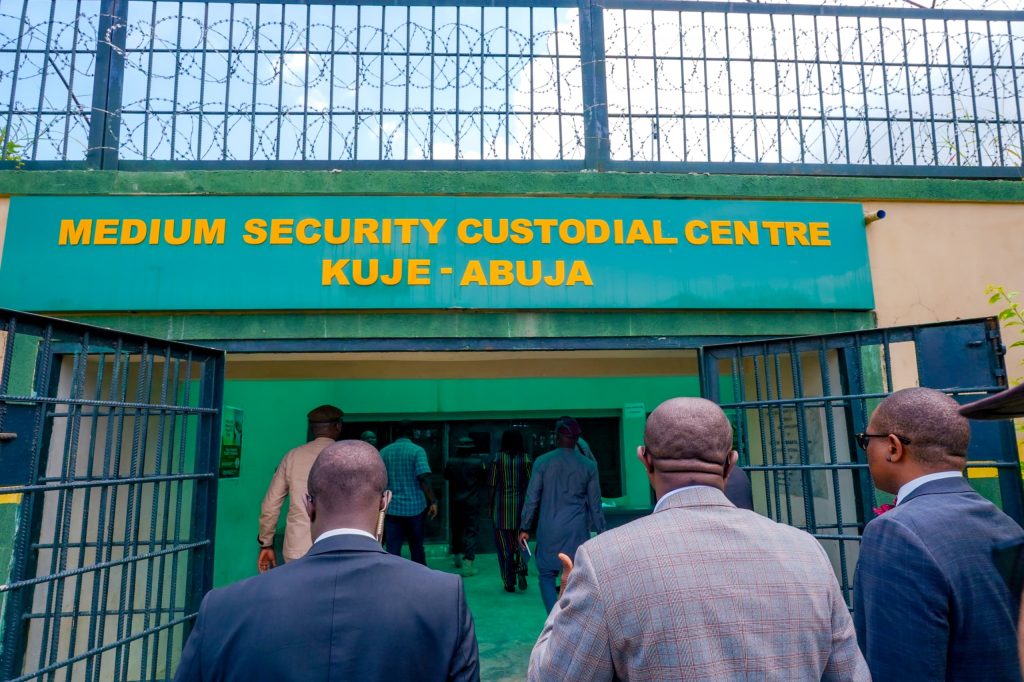
From Prison Walls to Correctional Pathways, by Adeniyi Zion
Everyone loves freedom, even little children. No one wants to be restricted; it’s part of human nature in Nigeria.
But sometimes, circumstances take that freedom away. Confinement, whether by one’s own actions or through mistaken identity, is never a pleasant experience.
In the past, Nigeria’s prison system was seen as the end of the road. A place that stripped inmates of dignity, hope, and value. It rarely served its true purpose of reformation or rehabilitation. Many who served short terms came out even more broken, unprepared to rejoin society, and often stigmatized.
However, since the leadership of the Minister of Interior, Hon. Olubunmi Tunji-Ojo began, a new chapter has emerged. The rebranding of prisons into Correctional Centres is now more than a change of name. it represents a total shift in philosophy.
Today, inmates are being empowered with vocational skills, education, and access to the National Open University, ensuring their time is used productively. This initiative not only keeps them occupied but also equips them to reintegrate successfully into society. upholding the saying “an idle mind is the devil’s workshop”.
The results themselves speak volumes.
At the Kuje Custodial Centre in Abuja, for instance, seven inmates recently graduated, this number consists of one PhD and six Master’s degree recipients, with five more set to graduate before the year’s end. The centre also recorded 45 undergraduate graduates, alongside 95 inmates currently sitting for NABTEB and NECO examinations.
Nationwide, the momentum is growing. Over 2,000 inmates are currently pursuing undergraduate and postgraduate degrees through correctional education programmes, while more than 200 have already graduated with formal qualifications. Between July and December 2024, over 3,030 inmates were trained across 256 correctional facilities in various trades, including carpentry, tailoring, welding, hairdressing, poultry farming, fishery, and furniture making.
The Nigerian Correctional Service has also established income-generating projects, such as pure water production factories and other cottage industries, which not only provide work opportunities but also instil discipline, a sense of responsibility, and productivity among inmates.
These remarkable reforms instigated by the minister of interior reflect a deep commitment to humane correctional practices turning incarceration into rehabilitation, punishment into purpose, and despair into hope.
Indeed, Nigeria’s correctional system is finally living up to its true mandate: to correct, reform, and rebuild lives.








Neu888 – Three eights again! Let’s see if you can live up to its name. The games need to be fair and the payouts must be great. Explore it now: neu888
https://t.me/dragon_money_mani/34
Holiganbet Telegram? Bet this leads to their Telegram channel – could be for updates or promotions. If you use Telegram, might be worth checking out. See it here: holiganbettelegam